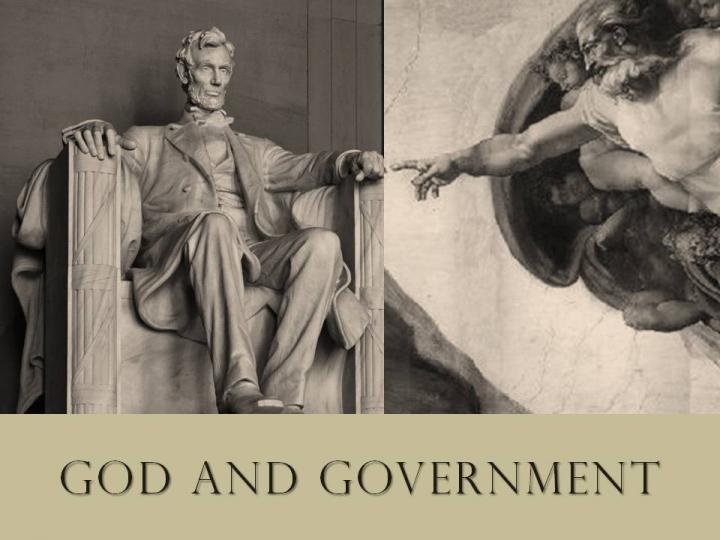Evangelical is a good word. It comes from “evangel,” which means “good news.” For Christians, an evangelical is someone who declares the Good News that God so loved the world that He gave His Son, Jesus, to lead us out of sin and back into relationship with the Father, Son, and Holy Spirit.
So it’s a truly good word. Yet, like all good words, it can be maligned. To many outside the Christian faith, being an evangelical is now looked upon with suspicion—and it has to do with what many evangelicals have done in their connection to politics.
I’ve always advocated for Christians to be involved with politics and governing. After all, why leave it all up to those with ungodly worldviews? Yet there are dangers. Billy Graham learned that lesson the hard way when his ministry became intertwined with the Richard Nixon presidency. Watergate and Nixon’s resignation due to his attempt to obstruct justice put a stain on Graham’s ministry, as some saw him as merely a tool being used by a politician. From that point on, he kept a careful distance publicly from any president, even when he continued to counsel them privately. The Graham ministry survived, but it was damaged by that too-close connection.
Well, some many say, Jesus told us we would be hated by the world. Yes, but that needs to be for the right reasons. Jesus was hated because He exposed people’s sins—especially those in power in the Jewish culture—and called them to repentance. If we are hated for that, so be it. But if we spend our spiritual capital in finding excuses for sin, we will simply be hypocrites, saying on the one hand that we need to promote righteousness, while, on the other hand, we either are tolerating or excusing unrighteousness.
Woe to those who call evil good and good evil, who turn darkness to light and light to darkness, who replace bitter with sweet and sweet with bitter. Woe to those who are wise in their own eyes and clever in their own sight.
Isaiah 5:20-21
Our lives need to reflect the character of Christ. As the apostle Paul pointed out in Galatians 5, the fruit in our lives should show forth in love, joy, peace, patience, kindness, goodness, faithfulness, gentleness, and self-control.
Notably absent from that list are spite, vindictiveness, revenge, impatience, harshness, infidelity, and self-indulgence.
When we attach ourselves to a political leader who manifests consistently those sinful character traits, we are contributing to the public stain on the good name of evangelical.
It’s my sincere belief that too many evangelicals, inspired by far too many self-proclaimed evangelical leaders (along with an unhealthy smattering of charlatans/grifters/QAnon conspiracy adherents), have tarnished the evangelical brand over the past five years in a way that has never occurred before. I believe a genuine repentance is needed.
By advocating this repentance, I’m not setting myself up as holier-than-thou. I need a continual examination of my own soul as much as anyone. My goal is that we, as an evangelical body of believers, receive forgiveness and cleansing from anything that leads us astray from the pure gospel message. We undermine our witness when politics takes precedence over the Lordship of Christ. Of course, we never say that it does, but we need to be honest with ourselves before God. What I’ve witnessed these past five years has been a source of deep concern and anguish in my spirit. I ache for what has happened to the Good News.
Some Christians have decided to shed the evangelical persona in light of the outward stain that now attaches to it. I don’t wish to do that. I repeat: it’s a good word; it’s Biblically based; it’s the message of salvation to a world desperately lost in the darkness of sin. I will remain an evangelical without apology, yet I will also work to make sure the reputation of that word is redeemed. After all, that’s what the Good News is all about: redemption.



